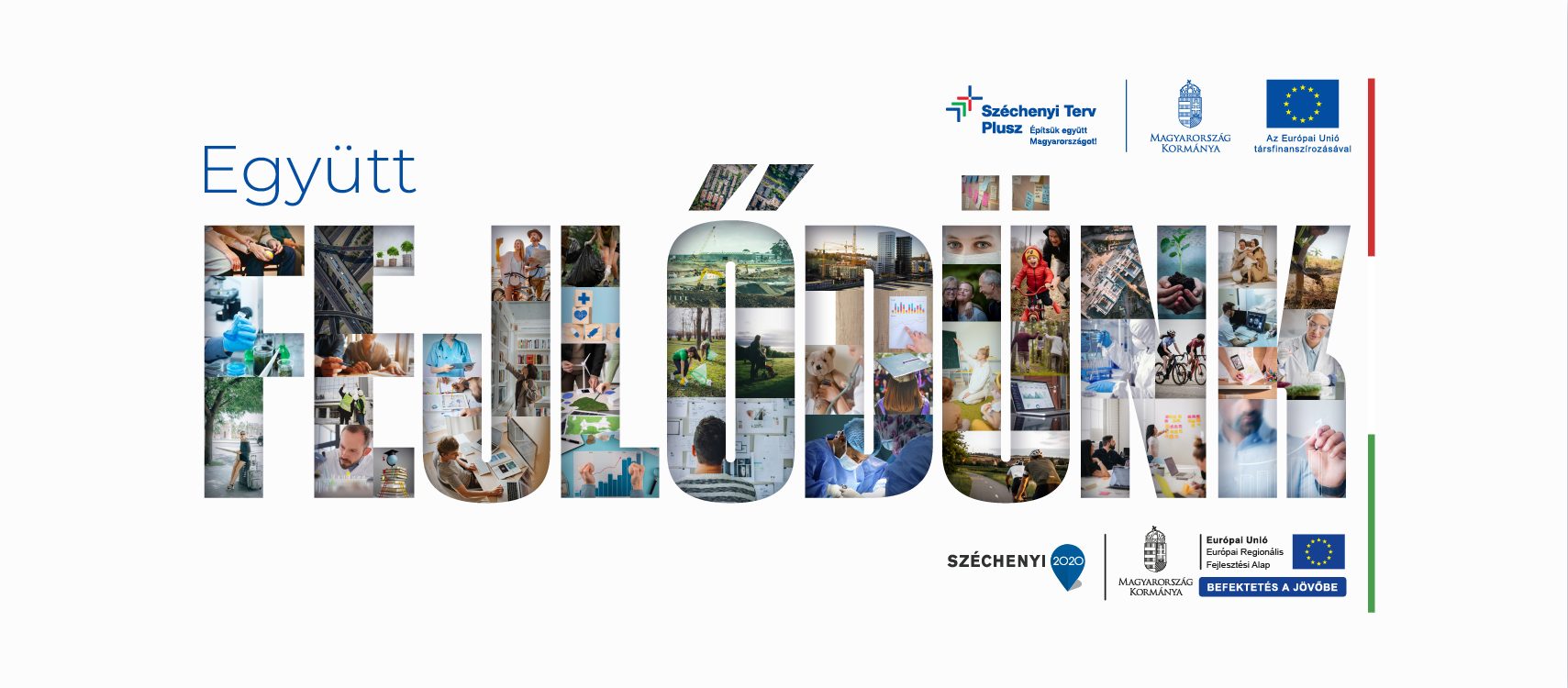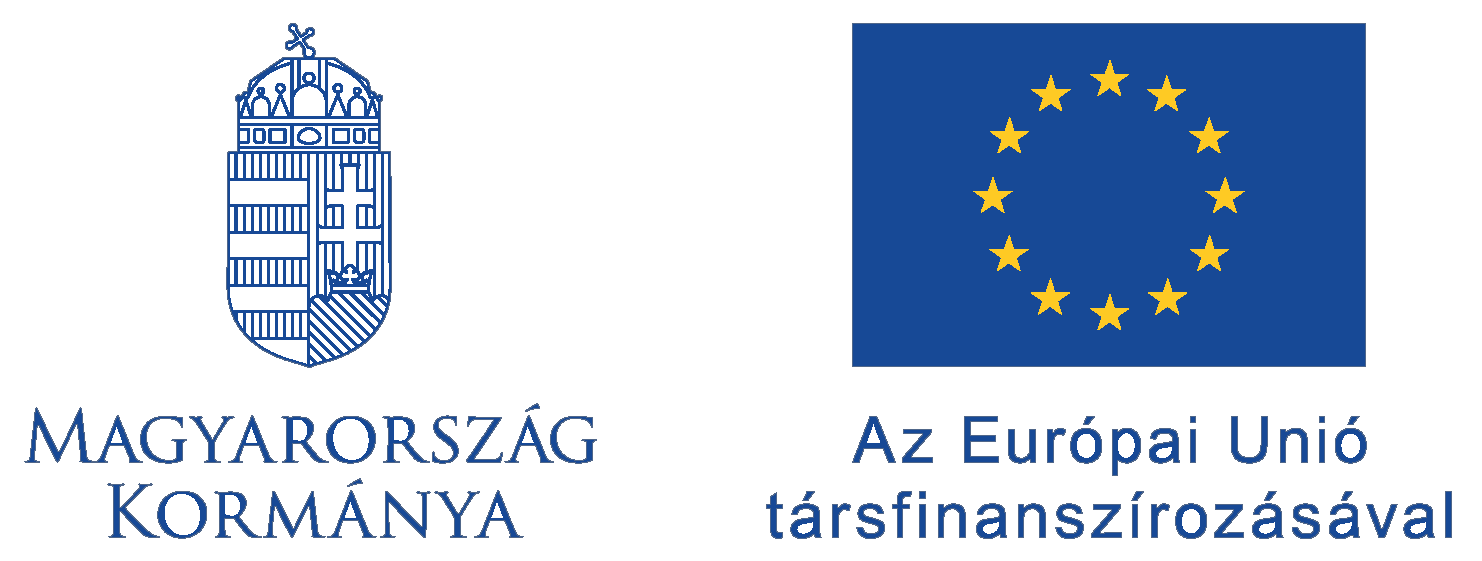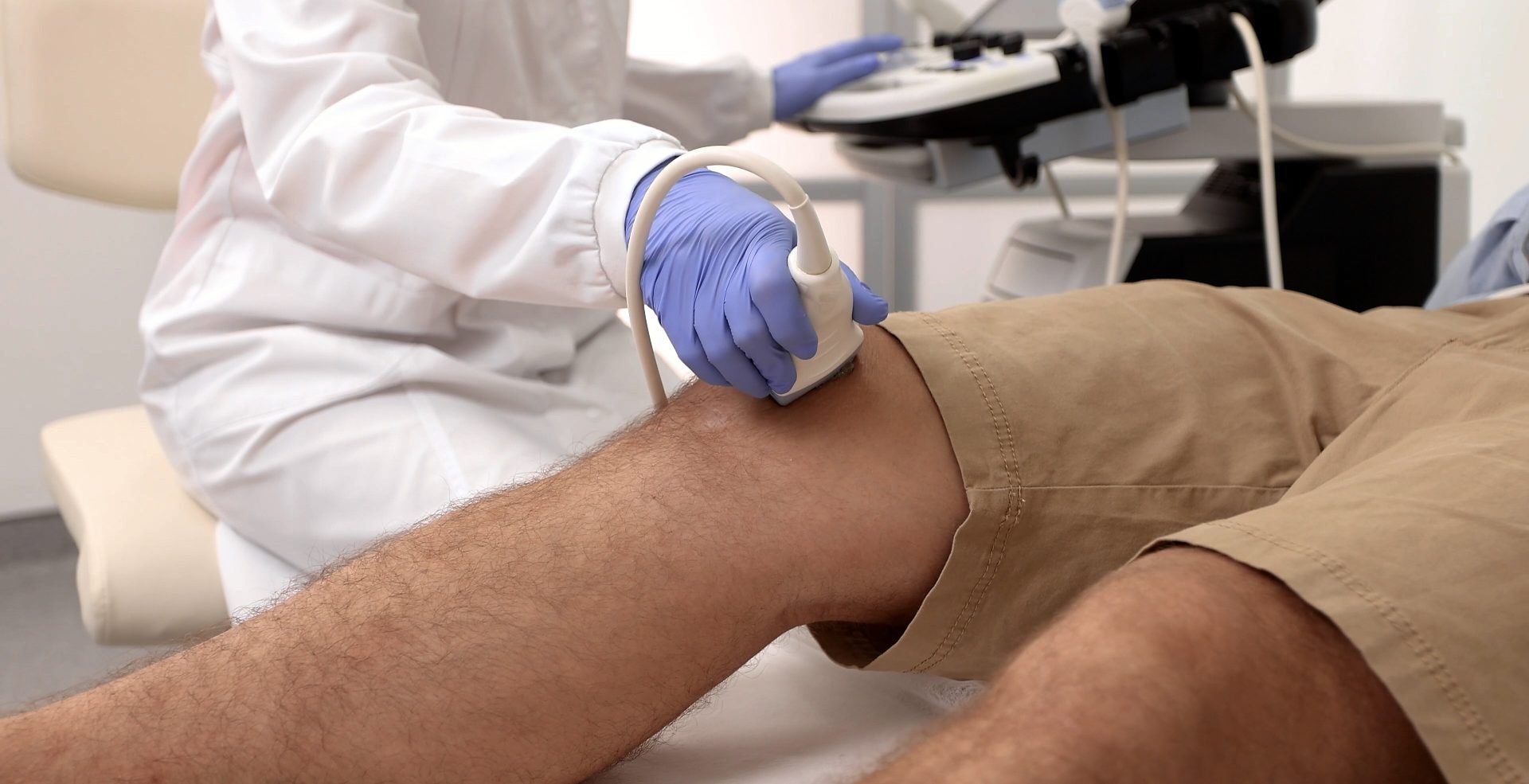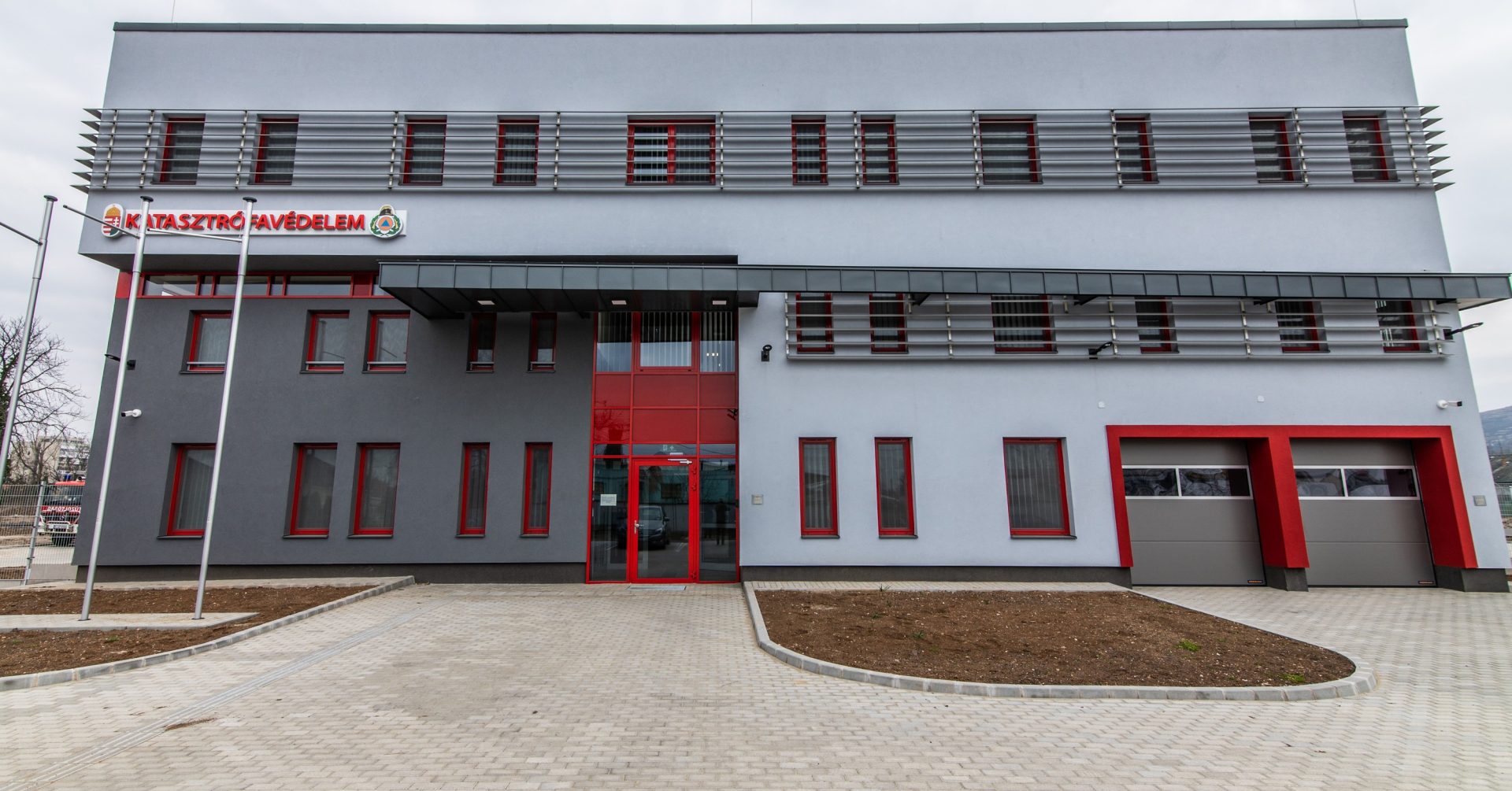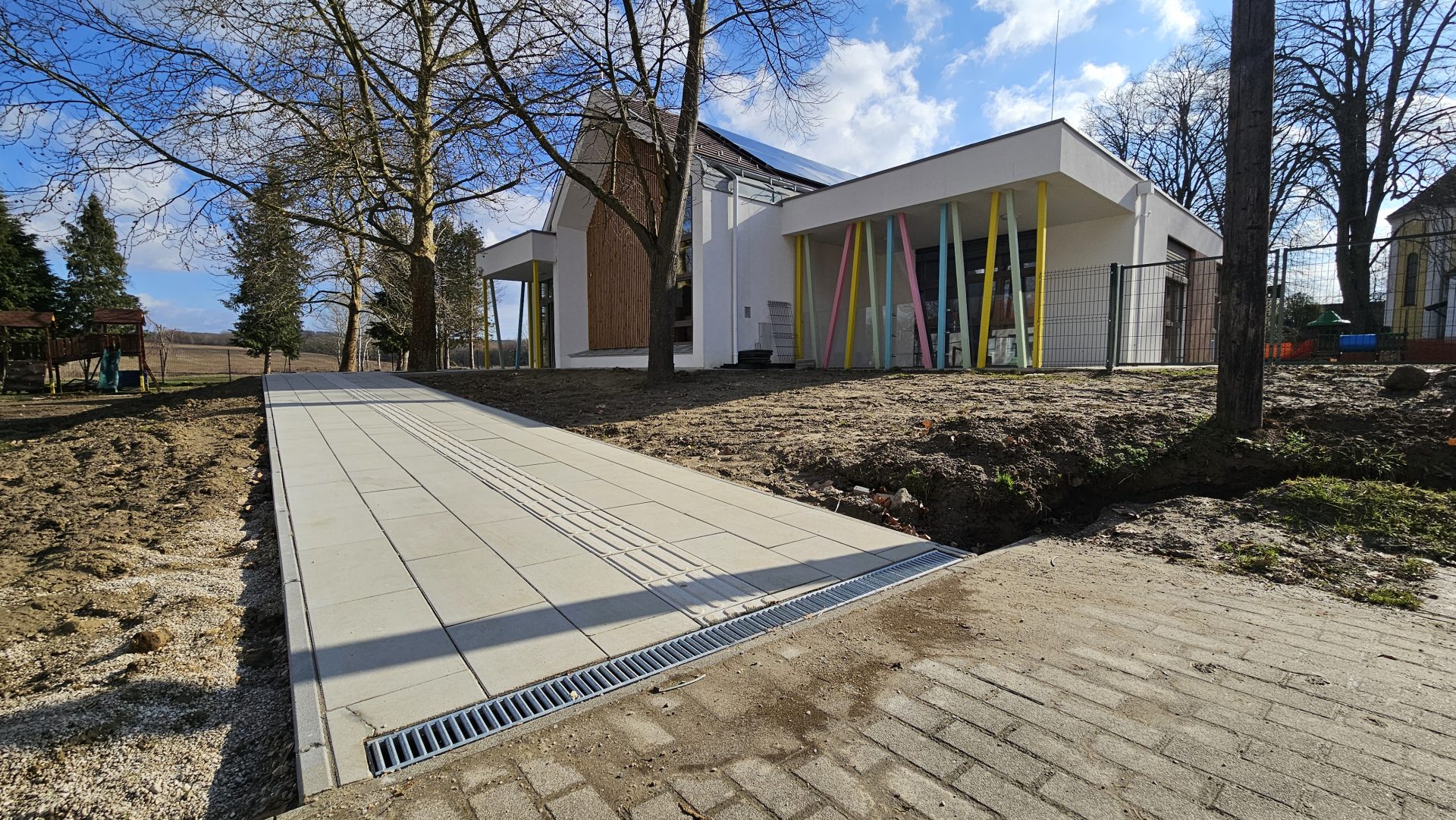One often overlooked area of healthcare is child psychiatry, despite the fact that maintaining mental well-being is just as important as physical recovery. In this spirit, a model development initiative was launched in Hungary, aiming to modernize both the professional background and infrastructural conditions of psychiatric care for those under the age of 18 at a national level.
The EU-funded project, implemented through a consortium partnership between the National Directorate General for Hospitals and leading universities — the University of Debrecen, the University of Pécs, and the University of Szeged — aimed to eliminate regional disparities in child psychiatric care and significantly improve access to services across all regions of the country. This strategic move included the modernization of mental health services, the expansion of capacities, and the improvement of working conditions for professionals.
Significant developments were carried out in 13 institutions. In Miskolc, Pécs, and Szeged, the child psychiatry departments were expanded with new wings, while in Kecskemét, supported by the INDIT Public Foundation, an entirely new standalone buildings were established. In eight other locations — including Nyíregyháza, Debrecen, Veszprém, and Győr — existing hospital units were renovated, with significantly increased capacities thanks to internal restructuring and modernization. Inpatient wards were newly established in Győr, Miskolc, Nyíregyháza, and Szolnok, while in Pécs and Szeged, the modernization of existing inpatient services expanded treatment capacity. Outpatient specialist care also saw major improvements: comprehensive clinics were created or expanded in places such as Zalaegerszeg, Székesfehérvár, and Kecskemét.
Particularly noteworthy is the emphasis placed on high-security care during the development. For young people who have become violent due to drug use or other reasons, or who suffer from more severe psychiatric problems, high-security child psychiatric beds were set up in Miskolc, Győr, Nyíregyháza, Debrecen, Szolnok, Szeged, and Pécs, providing them with specialized care.
Beyond capacity expansion, state-of-the-art psychodiagnostic and developmental tools were delivered to around 14 locations, making professionals’ work easier and contributing to more accurate diagnoses. Additionally, new IT systems, medical equipment, and furnishings were introduced to enhance comfort and efficiency in care.
Another key achievement of the project was the organization of professional training: more than 1,800 professionals working in healthcare and social services participated in courses to ensure the early detection and treatment of children’s mental health issues could be carried out at a uniformly high standard nationwide. Close cooperation between primary care providers, family support services, child protection services, and civil organizations ensured that no child would be left without appropriate help, even beyond the healthcare system.
As a result of the development, a dynamic, active professional network was established, one that supports, assists, and protects the mental health of Hungary’s youngest citizens, giving them a chance at a happier, more balanced future. With this comprehensive program, child psychiatric care in Hungary has entered a new era.
The development was implemented from EU funding in the project EFOP-2.2.0-16-2016-00002 under the Human Resource Development Operational Programme.
Find out more about the project in the Project Finder:Details
